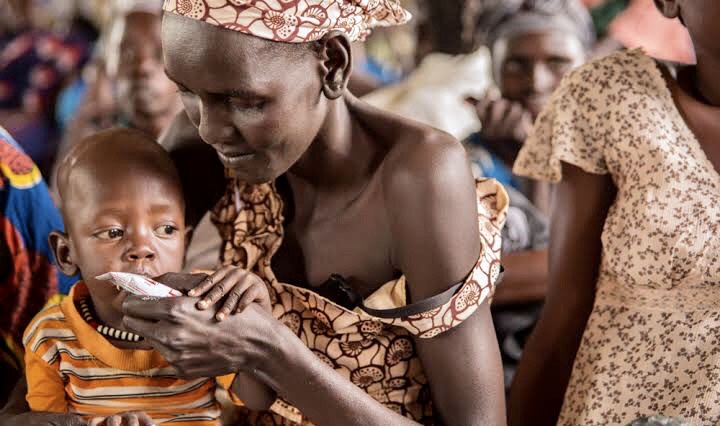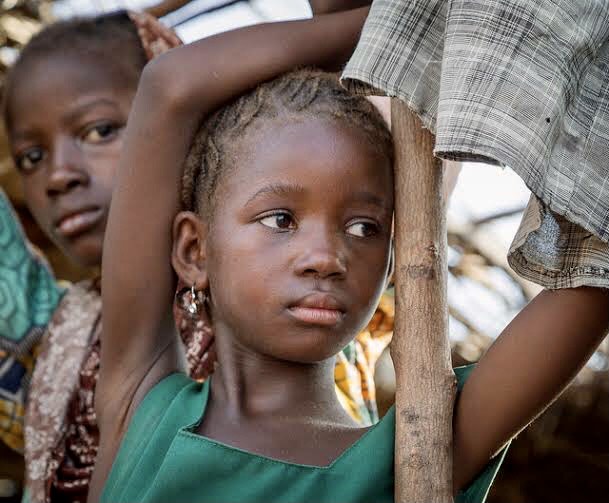
By Faith Nyasuguta
Over 2.3 million children and youth have been going hungry in northeastern Nigeria where violence has become commonplace.
The report by humanitarian groups links the growing hunger levels to farmers fleeing the locality over violence.
Nigerian troops in the region have for over 10 years waged a war against Boko Haram and now, an even stronger offshoot, the Islamic State West Africa Province (ISWAP).
In recent months, the conflict has intensified with increasing attacks from armed groups.
Scores of soldiers and civilians including farmers have been killed.
Over the years, the conflict has seen the death of hundreds of thousands of people, millions have also been displaced.
It has however now joined the issue of food inflation across Nigeria meaning families can no longer feed themselves reliably.
Humanitarian group Save the Children on Friday noted that about 700,000 children aged below five years are part of the 2.3 million people affected.
It has thus called on the state to shield the farmers and dedicate more resources to salvage the already bad situation.
“Millions of children have already been through a decade of suffering, violence, and humanitarian crisis. Thousands and thousands have died, and many more saw their rights impacted to survive, learn, and be protected,” Shannon Ward, Save the Children’s acting country director for Nigeria said, indicating that the situation was dire.
The United Nations estimates also indicate that about 10.5 million children are currently out of school in Nigeria.
“The reported loss of livelihoods, land, and crop coupled with the effects of COVID-19 is beyond something the community can bear,” Ward said.
“We are extremely worried that this will lead to an even bigger food crisis in the northeast of the country,” she added.
Similarly, the United Nations Office for the Coordination of Humanitarian Affairs (OCHA) has revealed that climate change, insecurity and Covid-19 have further pushed the area to the brink of “catastrophic” food insecurity.
“About 4.4 million people are at risk of critical food shortages and that the growing threat of catastrophic food insecurity is at its worst in five years,” Edward Kallon, the UN humanitarian coordinator for Nigeria, said.
“Parents are taking their children out of school to beg in order to survive,” Kallon added, saying: “Women have shared that they resort to eating grass.”





